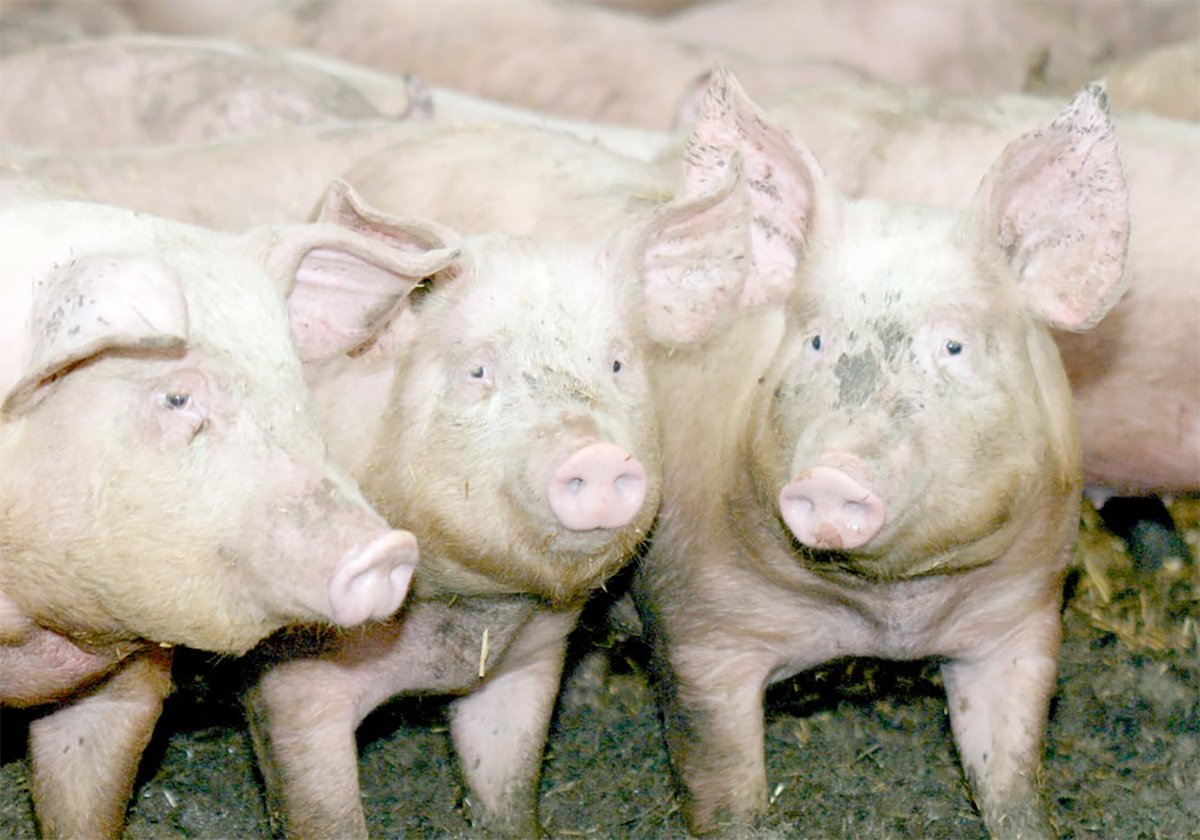RED DEER – A custom-made vaccine can be an effective treatment for
individual animals carrying a stubborn bacterial infection.
But Murray Woodbury, who is in charge of alternative livestock medicine
research at the Western College of Veterinary Medicine in Saskatoon,
said there is debate within the scientific community about how well
these autogenus vaccines work.
“It is situational because they are custom-made vaccines,” he said.
The concept, which has existed for nearly a century, can be used to
Read Also

The Western Producer Livestock Report – November 13, 2025
Western Producer Livestock Report for November 13, 2025. See U.S. & Canadian hog prices, Canadian bison & lamb market data and sales insights.
treat a variety of bacterial infections such as lumpy jaw and
necrobacillosis, a type of foot rot in deer.
“When it works, it’s really spectacular and gratifying, but on the
other hand, it doesn’t always work. It is one tool we can use to
prevent necrobacillosis on deer farms.”
A vaccine is made by collecting swabs of bacteria from infected
animals. The swabs are sent to an accredited lab, which makes a killed
vaccine for an individual farm. The vaccine is administered to the rest
of the herd to stimulate immunity against a specific disease.
The vaccine has to be ordered by a veterinarian.
Woodbury said vets should collect the swabs because they can better
judge where best to collect bacteria from a lesion. Often the
worst-looking area of the lesion does not carry live bacteria. Instead,
the most infected area may be on the outer edges.
The medication may not work well if the wrong strain of bacteria was
gathered.
These vaccines have been used in the past for certain sheep and cattle
conditions such as mastitis, salmonella and warts. They can also be
used to treat E. coli infections in bison.
However, veterinarian Joyce Van Donkersgoed said commercial vaccines
are available that are equally effective.
They use organisms or portions of organisms to stimulate immunity in
most situations. They are most useful when the organisms causing
disease are identical from farm to farm or from country to country.
Specialty livestock producers often use custom-made vaccines because
there are few medications licensed for game farm species.
Woodbury said drugs designed specifically for deer or elk haven’t been
licensed because their potential market is too small to warrant the
required investment.















